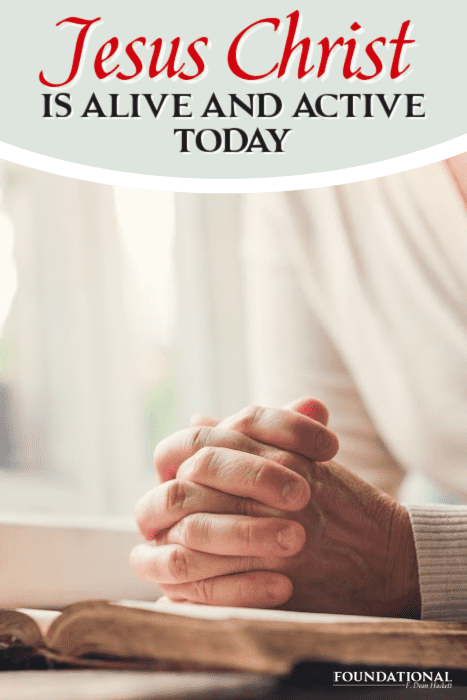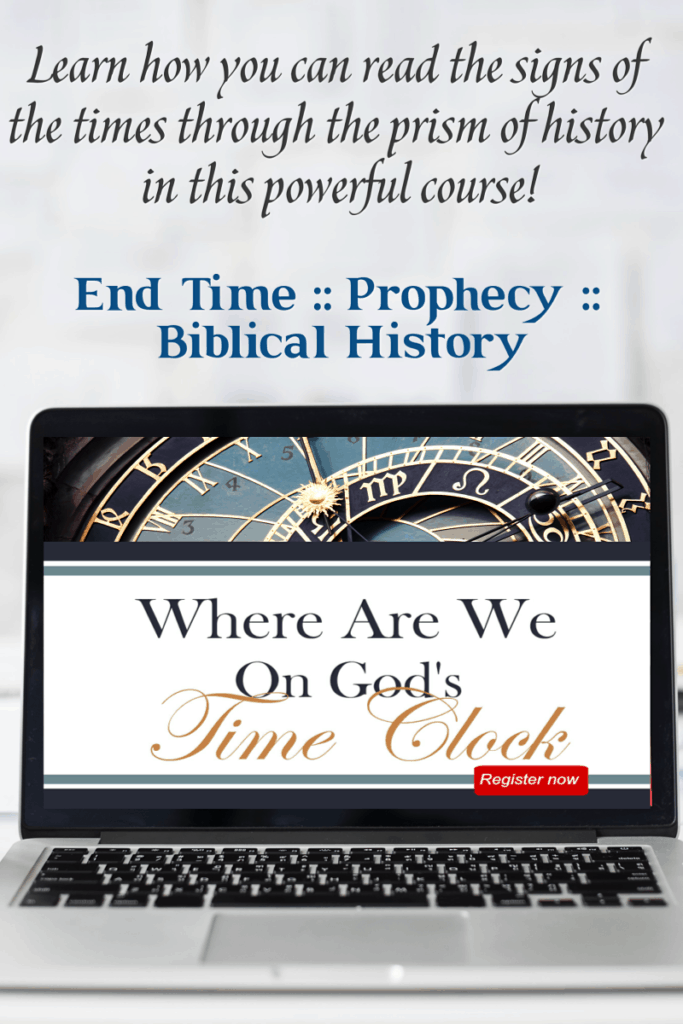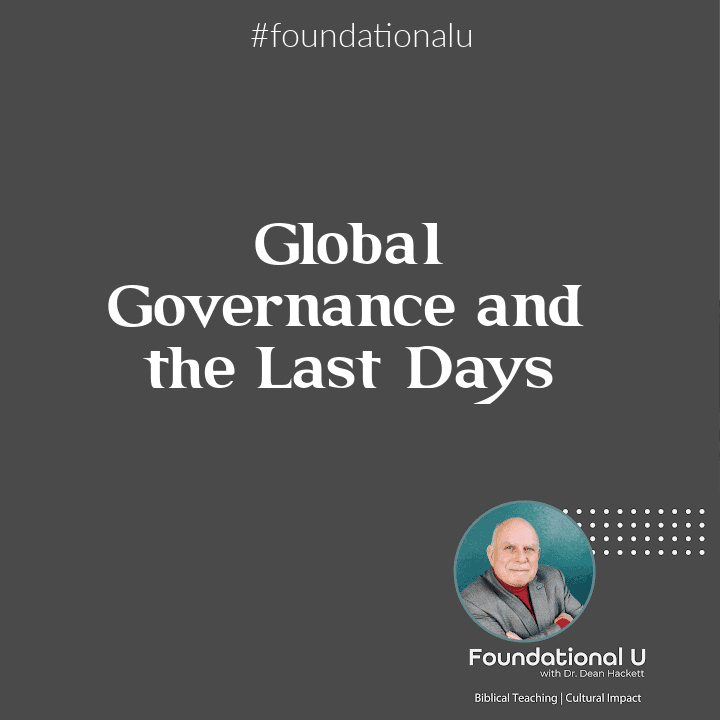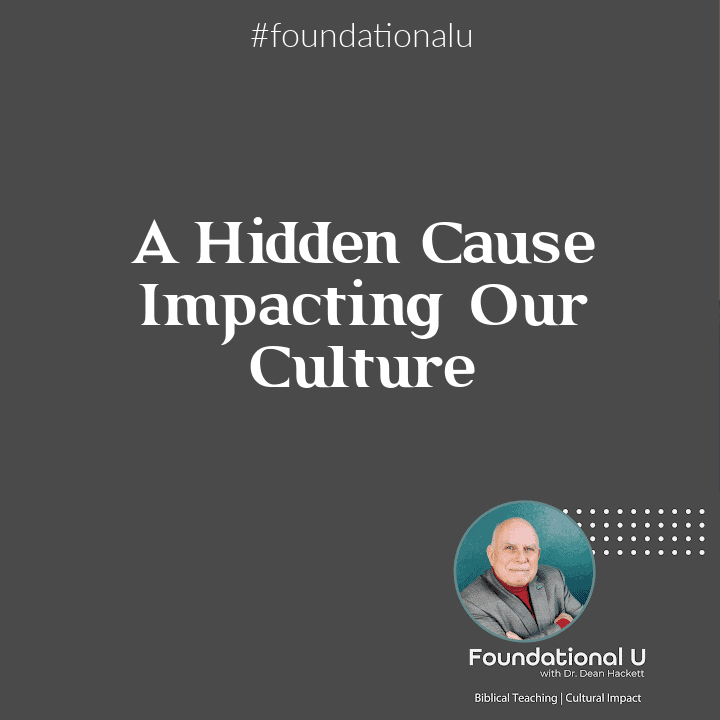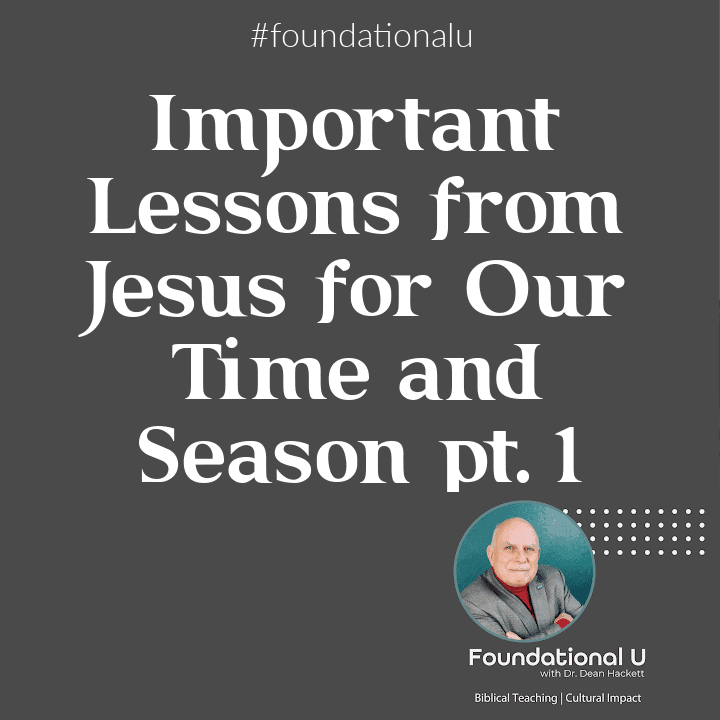Foundational U Podcast: Ep. 42 – Jesus Christ is Alive and Active Today
I hope you love the products and resources I recommend here at Foundational. It is possible that I get a commission and collect income from the links on this page. Click here for more info.
When we talk about Jesus being alive and working today, we also need to remember an incredible promise we find in the Gospel of John.
Let not your heart be troubled; you believe in God, believe also in Me. In My Father’s house are many mansions; if it were not so, I would have told you. I go to prepare a place for you. And if I go and prepare a place for you, I will come again and receive you to Myself; that where I am, there you may be also.
John 14:1-3
One day, Jesus will come back and take His church to heaven to celebrate with Him. He will give to them their reward. This is the exciting promise we have, knowing that Jesus is alive and active today.
In today’s podcast, we are looking at four reasons why this promise assures us that Jesus is coming again and will catch His church away.
Watch this podcast on YouTube
Take my course on how to discern where we are on God’s Timeclock. Learn more here
More about Pastor Dean
Subscribe to receive my blog posts and podcasts each week
My Books
My Bible Studies
Join the Leadership Development Institute
Join my online Bible study each Thursday evening at 7:00 PM PST. Email me for more information.
About F. Dean Hackett
Dr. F. Dean Hackett has served in full-time Christian ministry since October 1971. He has ministered throughout the United States, Canada and Europe, serving as pastor, conference speaker and mentor. He has planted four churches, assisted in planting 15 others and currently serves as lead pastor of Living Faith Church in Hermiston, Oregon. Dr. Hackett founded Spirit Life Ministries International in 2001 to facilitate ministries in Croatia and Bosnia Herzegovina and to open a training center for workers in those nations.

